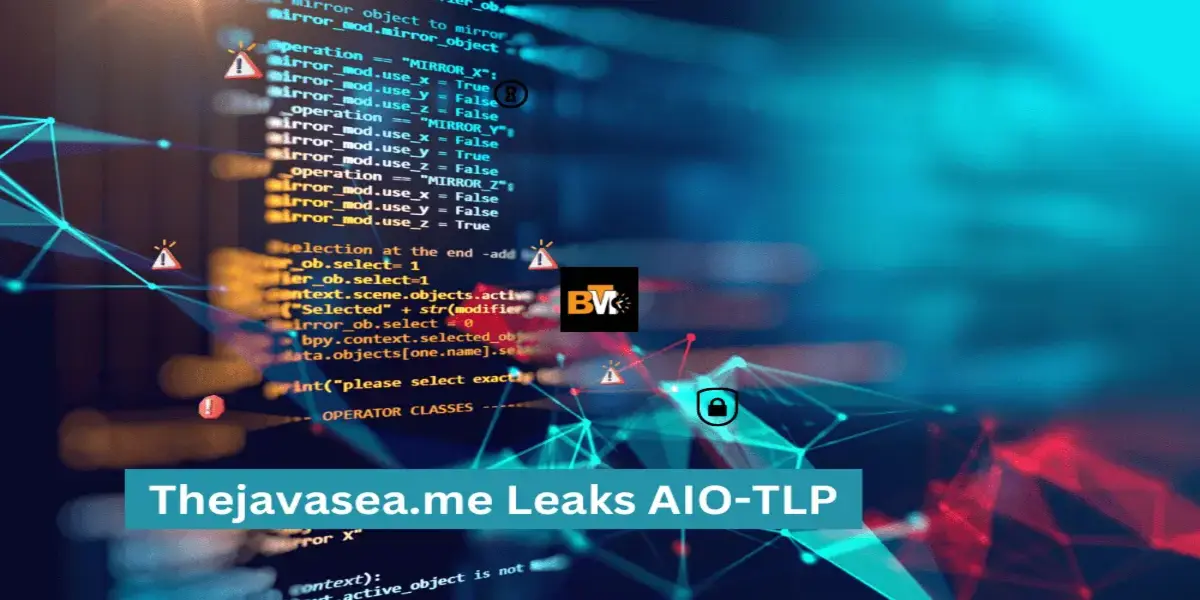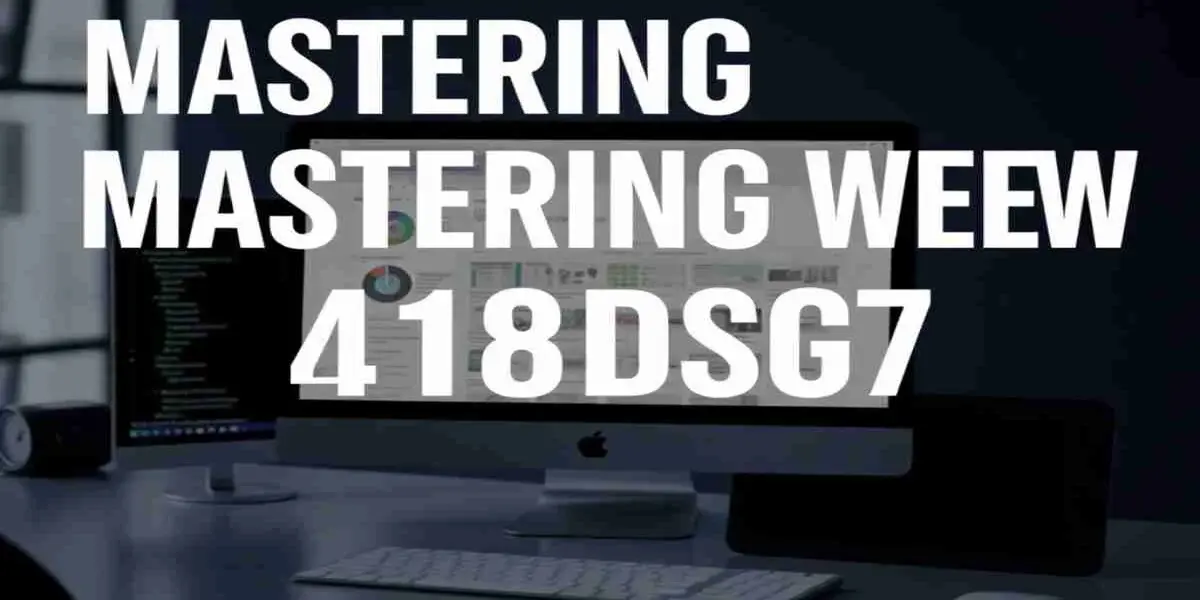The world of online leaks and data breaches is not new, but certain incidents continue to make waves for their scale and impact. One such case is the leak of AIO-TLP287 from thejavasea.me, a website notorious for hosting and distributing leaked data. AIO-TLP287, which refers to a specific set of leaked credentials, tools, or data, has caused significant concern among both security professionals and users alike. The impact of this leak, combined with the privacy concerns surrounding the website, raises questions about how personal data is handled and the ethics of information sharing in the digital age. In this article, we will explore what AIO-TLP287 refers to, how thejavasea.me became involved, the potential consequences of such leaks, and how individuals and organizations can protect themselves in the face of data breaches and online leaks.
What is AIO-TLP287 and How Does it Relate to Thejavasea.me?
AIO–TLP287 refers to a collection of leaked information, often associated with breached databases or stolen credentials. The term “AIO” is typically used to describe “all-in-one” tools or collections of data, while TLP287 could indicate a unique identifier for a specific data leak or release. These leaks often involve sensitive data such as usernames, passwords, and other private information, sometimes affecting thousands or even millions of individuals.
thejavasea.me is a website that has been known for hosting such leaks. It is notorious for providing access to sensitive data, including personal details, account credentials, and software vulnerabilities. Although it claims to offer services or tools for data security research, the website has raised serious concerns over the ethical implications of sharing such leaked materials. As with many sites hosting similar content, the legal ramifications of downloading, distributing, or even viewing leaked information can be profound, with consequences for both individuals and organizations involved.
The leak involving AIO-TLP287 is not unique to thejavasea.me, as the website has been involved in various similar controversies. The spread of leaked data online has become a significant issue for many users, raising questions about the trustworthiness of such platforms and how they handle sensitive information.
The Security Threats Posed by AIO-TLP287 Leaks
Leaks like AIO-TLP287 are concerning because they expose individuals and organizations to a range of security threats. First and foremost, the exposure of personal credentials—such as usernames and passwords can lead to unauthorized access to accounts. If these accounts contain sensitive information, such as financial records, health data, or private communications, the consequences of such breaches can be severe.
Once a leak like AIO-TLP287 occurs, the stolen information is often sold or shared on dark web forums, where cybercriminals and hackers can use it for malicious purposes. For example, these credentials can be used to carry out identity theft, fraud, and phishing attacks. Attackers can use the leaked data to access email accounts, bank accounts, and social media profiles, often leading to financial loss or damage to an individual’s reputation.
Another significant risk associated with such leaks is the potential for widespread distribution. Once a leak occurs, the data is often shared across various online platforms, and the information becomes increasingly difficult to control. This means that even if a victim takes immediate action, such as changing their passwords or securing their accounts, the damage has already been done, and their private information could be circulating in cyberspace.
The Ethical and Legal Implications of Leaked Data
The ethics surrounding data leaks, particularly those hosted on platforms like thejavasea.me, are highly contentious. On one hand, these leaks can provide security researchers with valuable information, potentially helping them identify vulnerabilities and improve system security. However, on the other hand, they can also facilitate malicious activity, endanger users’ privacy, and contribute to the rise of cybercrime.
From a legal perspective, distributing leaked data is a violation of privacy laws in many jurisdictions. Individuals who access or share such data could be violating laws related to unauthorized access to computer systems, data protection, and intellectual property rights. In some countries, even viewing or downloading leaked data can lead to criminal charges, especially if it results in harm to the individuals whose information was exposed.
Websites like thejavasea.me often operate in a legal gray area. They may claim that their services are legitimate or intended for research purposes, but they still allow and sometimes encourage the dissemination of sensitive information. This creates a complicated legal landscape, where those who engage with the site could find themselves inadvertently violating laws or contributing to unethical practices.

How Individuals Can Protect Themselves from Leaked Data
In light of incidents like AIO-TLP287, individuals must take steps to protect themselves from the risks posed by data breaches and leaks. The first line of defense is always strong and unique passwords. Users should avoid using the same password across multiple sites, as this increases the likelihood that one breach could lead to multiple compromised accounts. Password managers can help users generate and store complex, unique passwords for each account they manage.
In addition, enabling two-factor authentication (2FA) on accounts adds an extra layer of security. Even if a password is exposed in a leak, 2FA can prevent unauthorized access by requiring a second form of verification, such as a code sent to a mobile phone or email address.
Regularly monitoring accounts for unusual activity is another important step. Financial institutions and other services often provide fraud detection tools that can alert users to unauthorized transactions. Similarly, social media platforms and email providers may offer notifications about suspicious login attempts or security breaches.
Finally, it’s essential for individuals to be cautious about sharing personal information online. While it can be difficult to avoid data leaks completely, reducing the amount of personal data shared on untrusted or insecure websites can help minimize the risks associated with such incidents.
More Read: ProcurementNation .com
The Impact of AIO-TLP287 on Organizations
For organizations, the AIO-TLP287 leak can have serious consequences beyond the immediate security threats to individual users. When a company’s customers’ data is leaked, it damages the organization’s reputation and erodes trust with its users. Customers who feel that their data is not adequately protected may decide to take their business elsewhere, leading to lost revenue and long-term reputational harm.
Moreover, companies could face legal action as a result of the breach. If it is found that the organization did not take proper steps to protect sensitive customer data, they could face hefty fines, legal fees, and other penalties. In some cases, organizations may be required to provide credit monitoring services or other reparative measures to affected customers, which can add further financial burdens.
In response to these risks, many organizations have begun investing more heavily in cybersecurity measures, including regular vulnerability assessments, encryption protocols, and employee training programs. However, as data breaches continue to rise, the cost of security breaches is expected to keep increasing, making it critical for companies to stay ahead of potential threats.
Conclusion
The AIO-TLP287 leak on thejavasea.me serves as a stark reminder of the vulnerabilities present in the digital age and the profound consequences of compromised data. While platforms like thejavasea.me may claim to facilitate access to information for research or educational purposes, the broader implications of such leaks are far-reaching, affecting both individuals and organizations alike. The risks posed by these leaks, including identity theft, fraud, and reputational damage, are significant and require proactive steps to mitigate. As a result, individuals must be vigilant in protecting their personal data, using strong passwords, enabling two-factor authentication, and remaining cautious about where and how they share sensitive information. Organizations must also prioritize cybersecurity to protect their customers and prevent future breaches. By understanding the implications of leaks like AIO-TLP287, we can better prepare ourselves to handle the risks and challenges of living in an increasingly connected world.
FAQs:
What is the AIO-TLP287 leak?
AIO-TLP287 refers to a set of leaked credentials or data, often associated with a breach of a particular system. It is associated with the website thejavasea.me, which is known for hosting sensitive and leaked information.
How does AIO-TLP287 affect individuals?
The leak exposes personal information such as usernames and passwords, which can lead to identity theft, fraud, and unauthorized access to online accounts.
What are the ethical issues surrounding data leaks?
While leaks can offer valuable insights for security researchers, they also contribute to illegal activities like cybercrime and violate individuals’ privacy rights.
How can I protect myself from data leaks?
Using strong, unique passwords, enabling two-factor authentication, and monitoring accounts for unusual activity can help protect against the risks associated with data leaks.
What should organizations do to protect their customers from breaches?
Organizations should invest in cybersecurity measures such as encryption, vulnerability assessments, employee training, and data protection protocols to prevent breaches and mitigate their impact.
FOR MORE DETAILS: Businesstodesk.com


